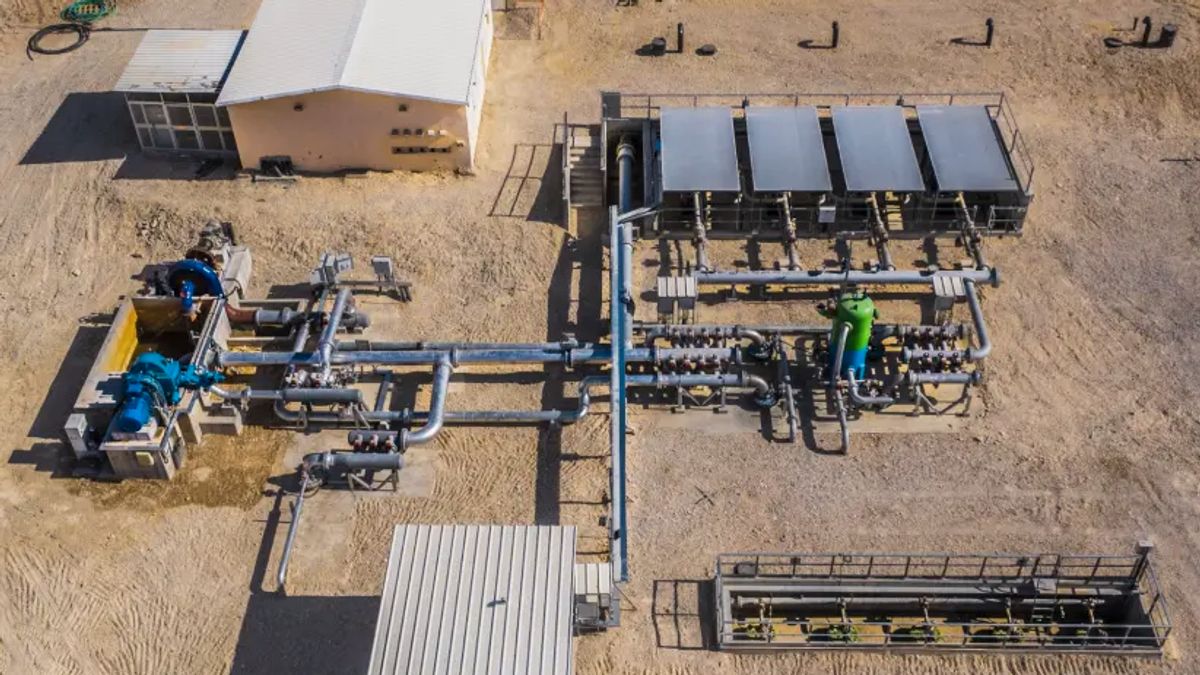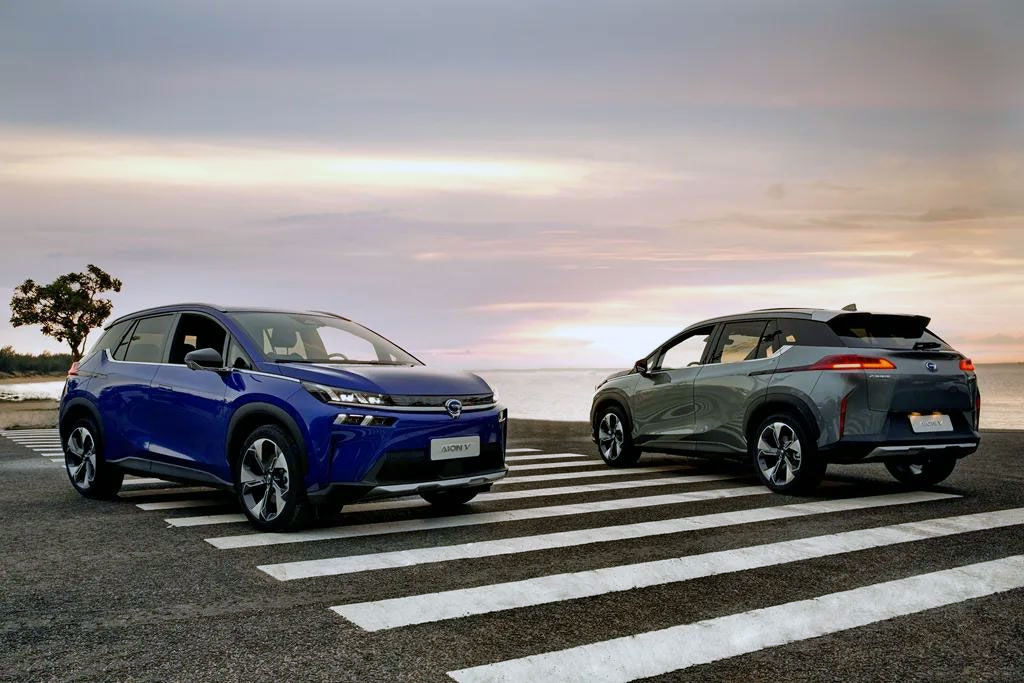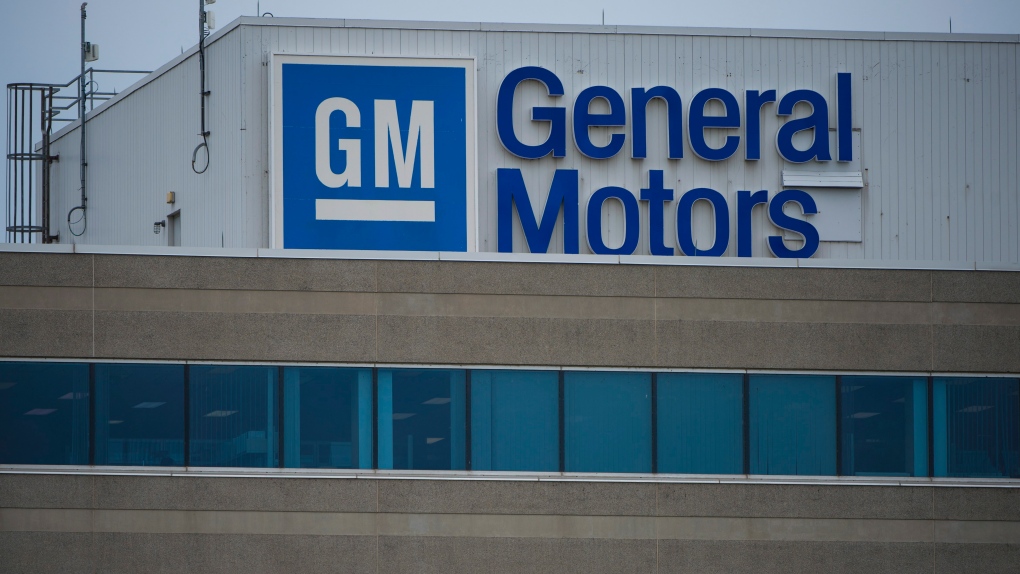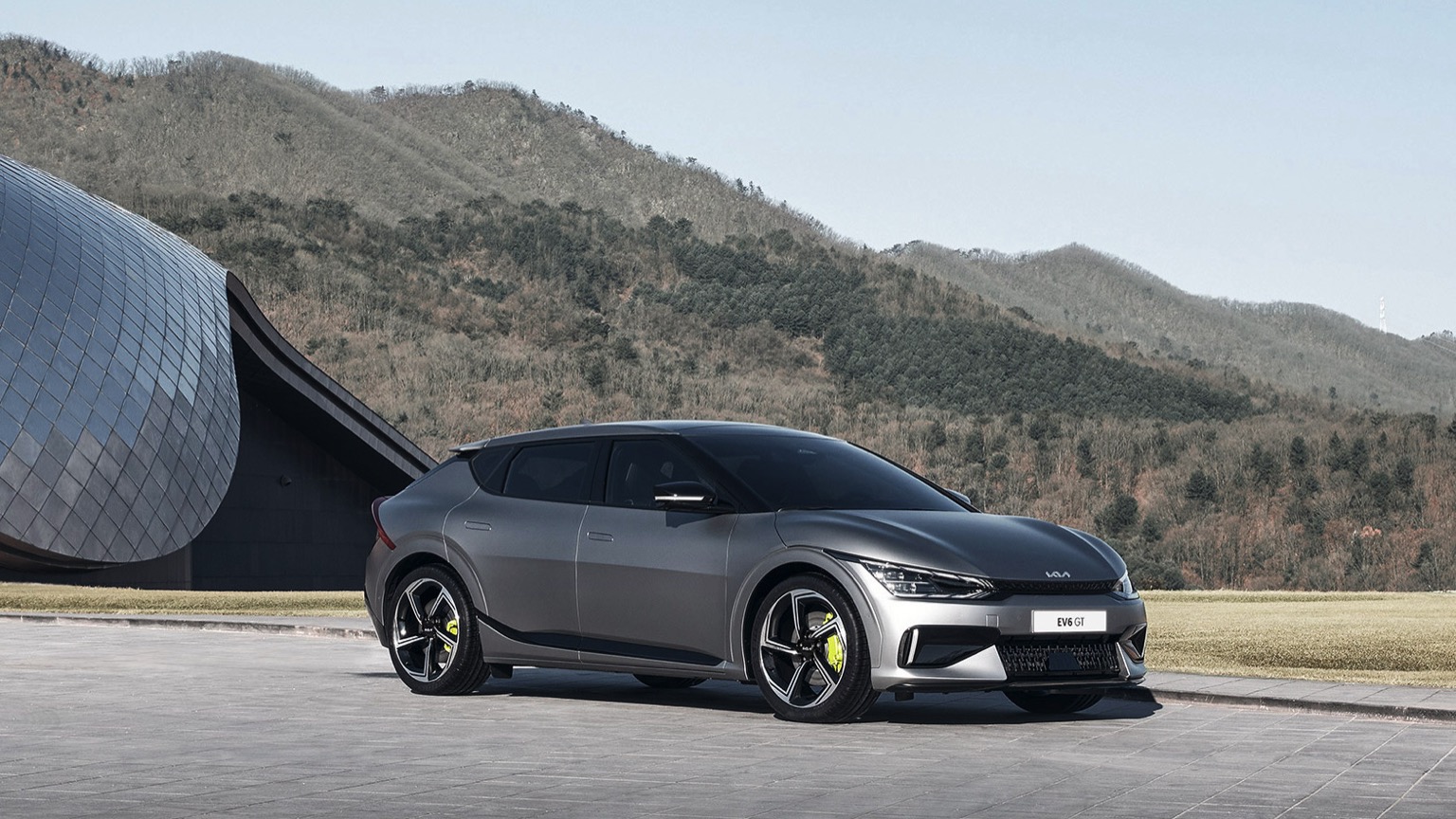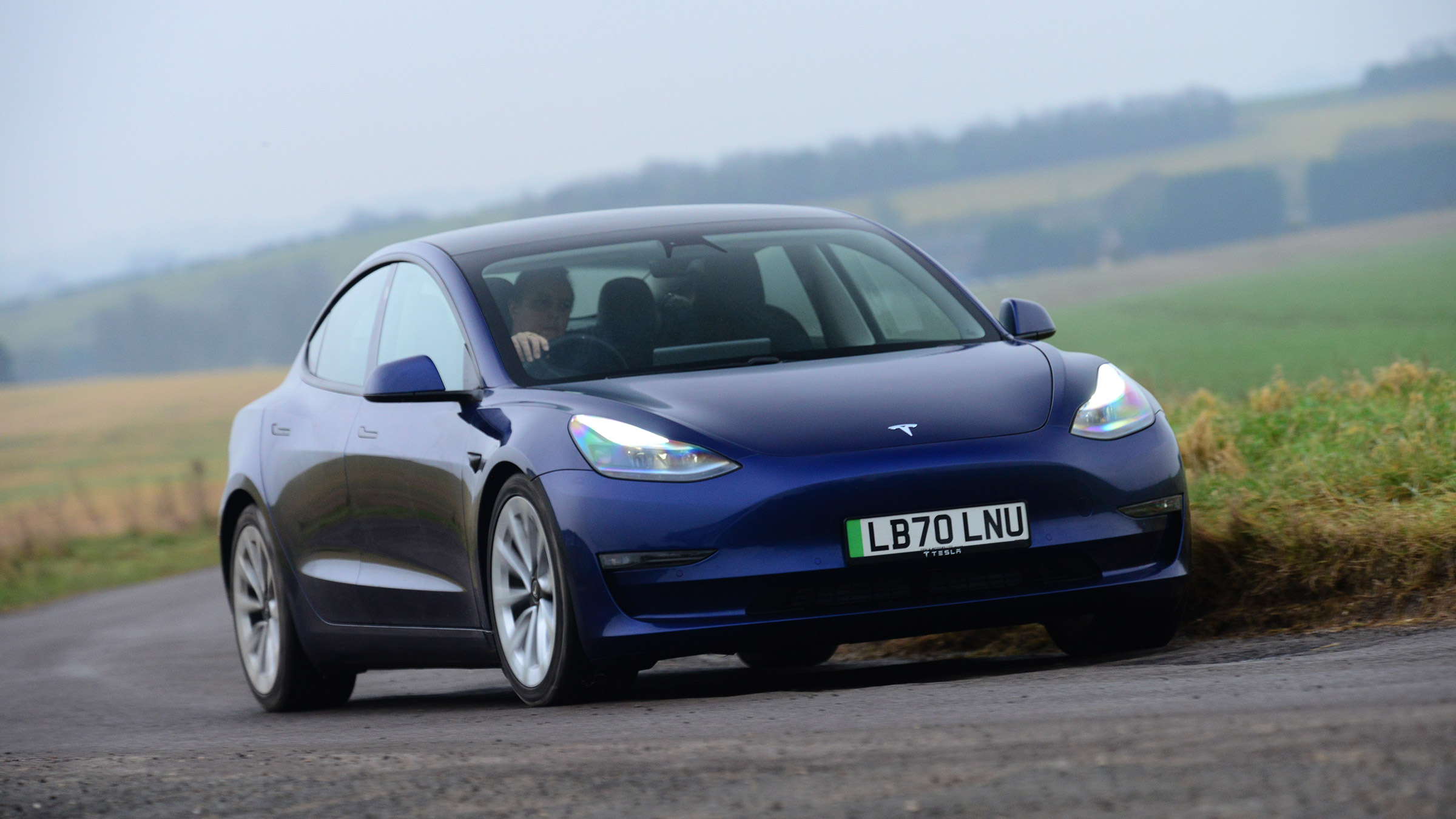At the southern tip of Israel is a rocky desert where solar panels are abundant and the sun, when it shines, is the source of almost all electrical energy. Once tuned, however, the grid switches back to fossil fuels to generate power.
Renewable energy from solar and wind power systems cannot be stored without additional costs. This is a major obstacle in the world’s efforts to escape fuel pollution and avoid climate catastrophe.
But in Kibbutz Yahel, a small community not far from the Red Sea where various types of sweet dates are grown called Medjool, residents have started using new technology that can save solar energy cheaply. It can even generate electricity until the night.
During the day, excess energy from the solar panels drives a system in which water is used to condense the air in underground tanks. After sunset, air is released to drive turbines and generate electricity. The cycle repeats itself in the morning. Very clever!
“Other kibbutzim are waiting and watching to see if this works, and certainly it could be a green energy storage solution for the area,” said Yossi Amiel, Yahel’s business manager, as quoted by Reuters.
The system was developed by Augwind Energy, a company listed on the stock exchange in Tel Aviv with a market capitalization of 1.2 billion shekels.
Unlike above-ground platforms that work with viscous air and require significant real estate, the company says its product, a relatively thin steel tank with a special polymer coating, can be placed right in the power source and at a lower cost.
Various techniques are being explored to store energy, such as hydro-pump systems that use gravity to generate electricity after hours. There are also lithium ion batteries like those in electric cars, or store energy in chemical form, such as hydrogen.
“The ideal solution is elusive,” Gideon Friedman, acting Chief Scientist at Israel’s Ministry of Energy, told Reuters.
According to him, batteries can be toxic and have limited cycles. While hydrogen is still in its early stages and too expensive to develop at this time.
Augwind’s “AirBattery” is about 80% efficient at storing energy, slightly lower than batteries, but unlike batteries, it doesn’t degrade over time.
“It’s really a question of cost versus battery competition, whether these systems can be cost-competitive. If they can, we’ll see, I hope, quite a lot. Of course there are some projects already planned,” Friedman said.
Augwind CEO Or Yogev said their product costs the equivalent of a lithium ion battery, at around $250 per kilowatt hour, and will drop next year to under $200 as it rolls out to more customers.
The company has so far raised $60 million from institutional investors, he said.
“Over the next few years we will install thousands of megawatt hours using ‘AirBattery’ technology. That’s our prediction,” said Yogev. “Even that, when you compare it to the size of the market, it’s still quite small.”

